 This is our social media policy at ACM Training. We’ve seen some longer ones in our time. Like the BBC’s social media policy where our social media trainer, Richard Uridge, used to work. He confesses he’s never read it. And that’s one of the problems with long and complicated policies. Nobody reads them when they really should. It’s a bit like the “mind the gap” warning on the railways. Short, sharp and to the point. Take too many words to say the same thing and people plunge to their (social media) deaths.
This is our social media policy at ACM Training. We’ve seen some longer ones in our time. Like the BBC’s social media policy where our social media trainer, Richard Uridge, used to work. He confesses he’s never read it. And that’s one of the problems with long and complicated policies. Nobody reads them when they really should. It’s a bit like the “mind the gap” warning on the railways. Short, sharp and to the point. Take too many words to say the same thing and people plunge to their (social media) deaths.
- Point one above is about being purposeful. For profit or not-for-profit, you’re using social media to “sell” something.
- Points two, three and four are, one way or another, about being mindful.
- Point five is about being careful.
- Point six is about being carefree (not mutually exclusive with the previous point)!
- And the final point is a warning – both to individuals and organisations – that criminal, civil and even contractual law does or at least should or may apply.
So if you’re contemplating posting a picture of a cat that looks like Donald Trump to your Facebook page – don’t. That’s banned under rule one. And, come to think of it, the others too!
If you’re in the process of drawing up a social media policy for your organisation we’d love to help.
[products limit=”4″ columns=”4″ skus=”wpid=78″]
Like this:
Like Loading...
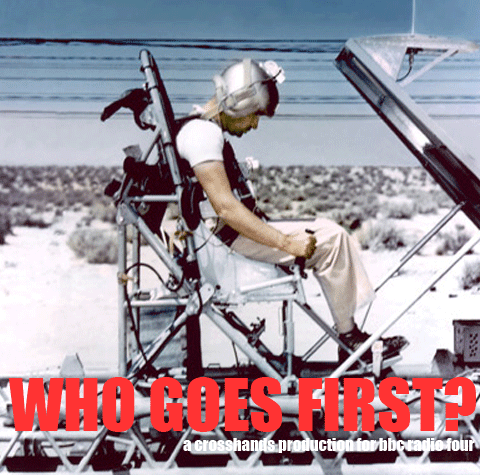

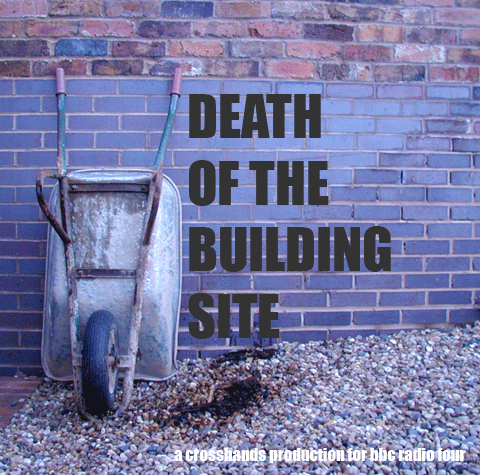
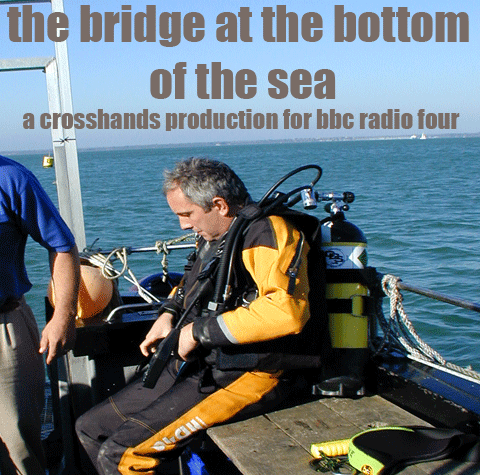
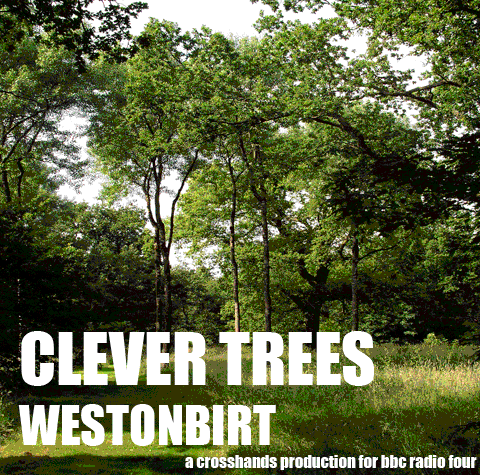
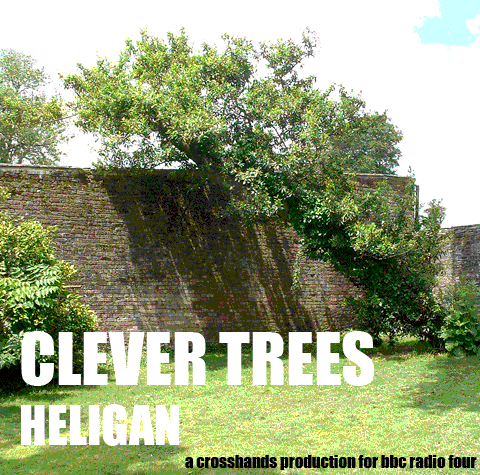


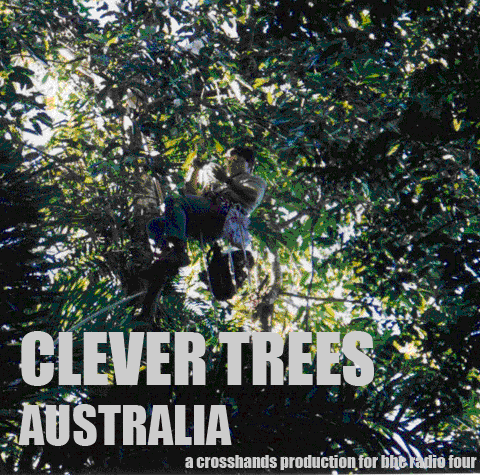
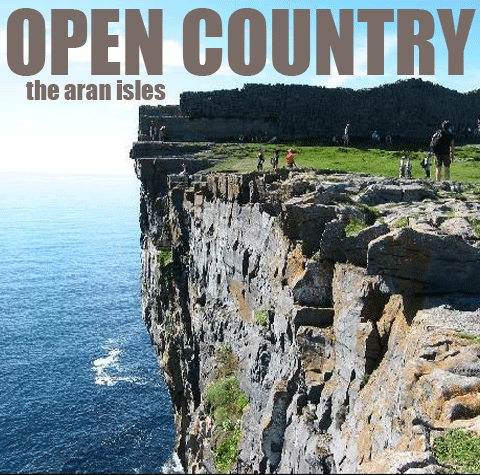
 This is our social media policy at ACM Training. We’ve seen some longer ones in our time. Like the
This is our social media policy at ACM Training. We’ve seen some longer ones in our time. Like the